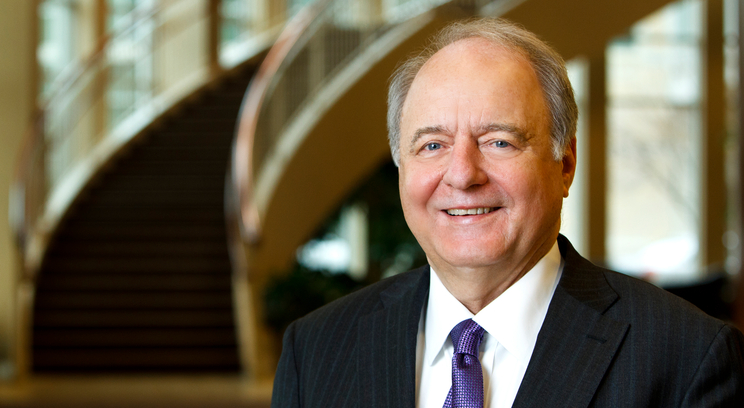MBA programs have come under fire from many directions in recent times. Depending on the source, MBA students are alleged to be overly analytical “lone wolves” who do not work well in teams, lacking in the so-called soft skills that build interpersonal relationships, and willing to compromise on shady ethical principles to sustain profits and market dominance.
Two well-known and highly renowned business schools have announced significant changes in their MBA programs to help their graduates rise above such allegations. Yet a third, less well-known but equally dedicated business school, has focused on teamwork, building interpersonal relationships and business ethics since the inception of its full-time MBA program in 2003 – the Opus College of Business.
Harvard’s dean, Nitin Nohria, has embraced the concepts outlined in the 2010 Harvard Business Publishing book Rethinking the MBA. The authors noted eight essential business needs that are not adequately addressed in many of today’s MBA programs: Gaining a global perspective; developing leadership skills; honing integration skills; recognizing organizational realities and implementing effectively; acting creatively and innovatively; thinking critically and communicating clearly; understanding the role, responsibilities and purposes of business; and understanding the limits of models and markets.
Garth Saloner, dean of Stanford’s Graduate School of Business, delivered a plenary address at the AACSB ICAM in April 2012 that offered a thoughtful and insightful description of Stanford’s repositioning its MBA graduates as global change agents who “change lives, change organizations and change the world.” Stanford’s new curriculum includes leadership labs. Harvard’s includes global off-site activities for students.
There is clearly no way to adequately describe these innovative and effective approaches in the space of this column. Rather, my point is that many other schools of perhaps lesser visibility also are embarking down this path with their curricula and having examples from the more visible schools’ approaches provides a form of imprimatur for us. The Opus College of Business is one such school well down the innovation curve on most of these efforts.
We have included credit-based Leader Development Labs since the MBA program’s inception in 2003, and we now are offering the next version (Lab 2.0), which includes True North groups and extensive personal development. We enhance communication skills through credit based labs attached to substantive core courses. We stream ethics throughout every course, capped by an advanced ethics seminar and an attached ethics lab in which MBA students interact directly with Fortune 500 C-level executives to observe and understand ethics in practice. Finally, all full-time MBA students participate in one of the world’s most advanced business simulations to put their newly acquired leadership and decision-making skills into practice.
Does it work? Yes. We have placed graduates of our MBA programs at General Mills, Ecolab, 3M, Target, Best Buy and Cargill, among others, and they are performing successfully right along with similar graduates from the premier MBA programs. The credibility provided by the academic industry leaders has opened the door for the rest of us, and this is a very good thing for all.
Read more from B. Magazine.







